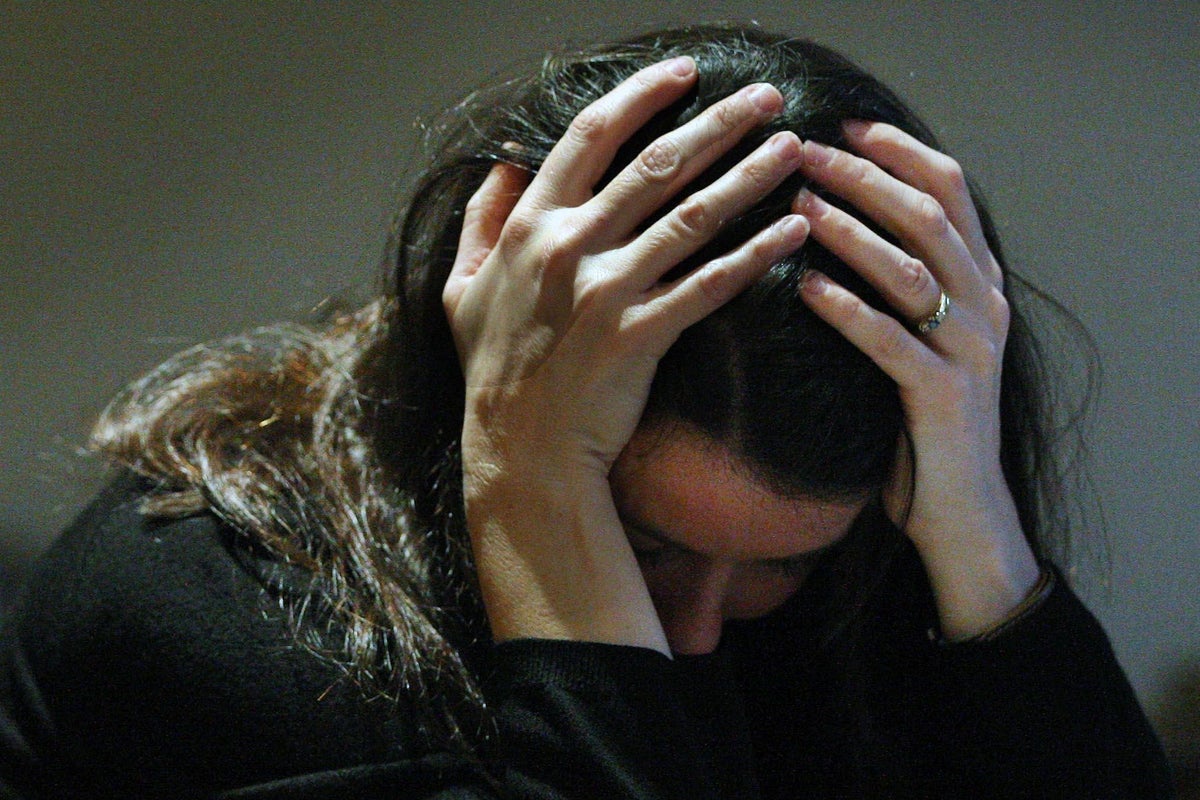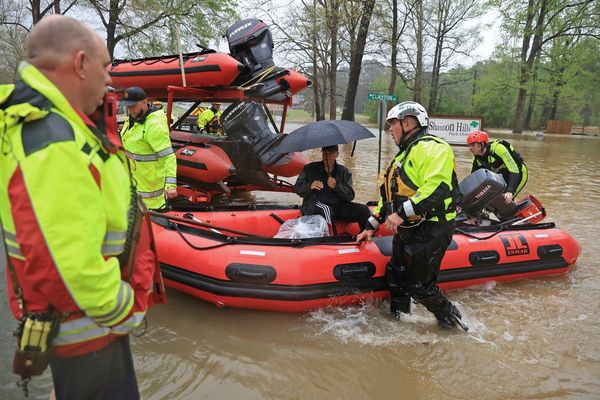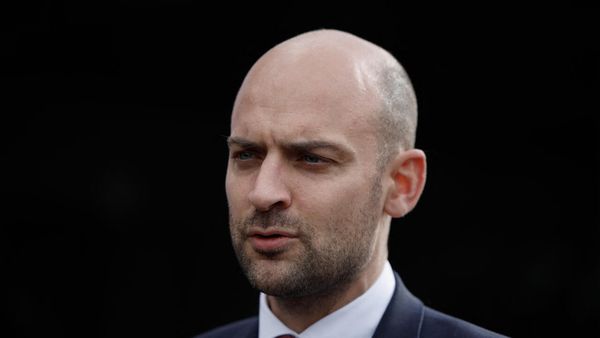
There has been a dramatic rise in the number of children as young as 11 needing help from NHS mental health services, new figures show.
Data from NHS Digital for England shows a rise in the number of youngsters needing support and accessing treatment, with almost one in four 16-year-old girls requiring help.
Across all age groups, there has been a rise in the numbers of people in contact with NHS mental health services, with almost a fifth more people needing support compared with three years ago.
A breakdown of the data shows a 29% rise in 2021/22 in number of under-18s in contact with mental health, learning disability and autism services when compared with 2020/21, the first year of the Covid pandemic, and the previous (non-pandemic) year.
Some 992,647 needed support in 2021/22 – up from 768,083 in 2020/21 and 763,888 in 2019/20.
Overall, 18% of the country’s 16-year-olds (114,203) and 17% of 17-year-olds (101,694) were in contact with these NHS services in 2021/22.
Of these, 16-year-old girls were most likely to be in contact with NHS mental health, autism and disability services – with 23% (69,580) needing support during 2021/22.
The number of 11 to 15-year-olds in contact with services has also increased, from 359,681 in 2020/21 to 498,558 to 2021/22 – a 39% rise.
Olly Parker, head of external affairs at YoungMinds said: “These figures demonstrate the unprecedented crisis happening in young people’s mental health, with almost one in five 16-year-olds across the country in contact with mental health services. The situation is unsustainable.
For years politicians have promised to end the crisis in young people’s mental health. But the reality is that with every month of inaction, things are getting worse— Olly Parker, YoungMinds
“Thousands of young people are seeking mental health support but too many are being told to wait, struggling to cope and hitting crisis point before they get help.
“We know young women in particular face a wide range of pressures that may affect their mental health – from school stress to difficult relationships with family or friends and problems and concerns about body image often exacerbated by social media.
“For years politicians have promised to end the crisis in young people’s mental health. But the reality is that with every month of inaction, things are getting worse.
“The Government must deliver on its promise of a 10-year mental health plan. It should include the changes that tens of thousands of young people have already called for – an early support hub in every community, better support in schools, NHS services that meet demand.”
The NHS Digital data shows that 3,256,695 people of all ages were in contact with mental health, learning disabilities and autism services at some point in the year – 992,647 of these were under 18.
The overall total has risen by almost a fifth in three years, up from 2,803,244 in 2020/21, 2,878,636 in 2019/20 and 2,726,721 in 2018/19.
Put another way, some 5.8% of people in England in 2021/22 were in contact with services during the year, up from 5% the previous pandemic year and 5.1% of people in 2019/20.
Claire Murdoch, NHS Mental Health Director, said: “While the pandemic has inevitably taken a huge toll on young people’s mental health, the NHS has accelerated its plans to transform and expand services for children and young people’s mental health.
“This includes rolling out mental health support teams in 4,700 schools covering 2.4 million pupils a year ahead of schedule, 24/7 crisis lines which provide support to hundreds of thousands of children and adults every month, and offering intensive home treatment for children and young people, so if you are worried about your mental health, please come forward for care.”







